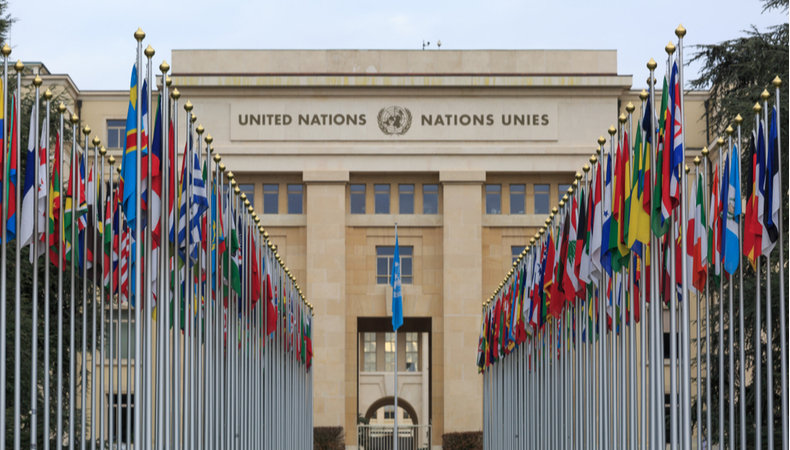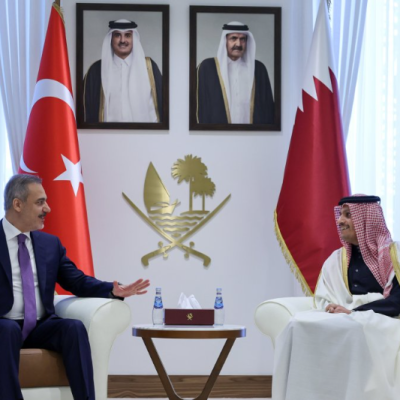UN organises Libya talks in Tunisia, making way for lasting peace

On Monday, UN opened peace talks between the warring factions of Libya. The talk was organised in the neighbouring Tunisia to prepare ground for fair and peaceful elections. For months UN has been trying to reach cease-fire agreement between the two opposing sides, one headed by warlord General Khalifa Haftar and other by Libyan Prime Minister Fayez al-Sarraj. UN finally succeeded in October when the rival forces agreed to the cease-fire agreement, which further allowed the country to resume its oil production and take necessary steps to move away from a decade of political deadlock.
In a video message, UN Secretary General Antonio Guterres told Libyan delegates, “You have gathered today to continue forging a new era of peace and stability for Libya. You have the opportunity to end a tragic conflict and create a future of dignity and hope” “Now it is your turn to shape the future of your country. Your commitment to this process will help restore Libyan sovereignty and the democratic legitimacy of Libyan institutions. As you engage in dialogue to resolve your differences, your determination will be tested,” he added.
The North African country has been a victim to years of conflict and civil war, which started with the downfall of long-time Libyan autocrat Muammar Gaddafi in 2011. The situation worsened with the emergence of war-like scenario between the rival groups, since the siege of the Libyan capital Tripoli which began in April last year.
The head of the UN mission in Libya, Stephanie Williams said the aim of the meeting was to make way for a peaceful government to lead the nation. The meeting, which was attended by 75 Libyan delegates, focused on creation of an executive body, which was “capable of organizing elections and implementing the political, economic and military reforms necessary to bring some normalcy back to Libyans’ lives”. She said, “The overriding aim of the National Political Programme is to renew political legitimacy by holding national elections, within an agreed timeframe”.
She added, ““Every day cooperation is increasing, and the transformation of the 5+5 into the ‘group of 10’ is more than just a slogan; it is a reality… The new government will launch national reconciliation, combat corruption, and restore public services. Its progress will be monitored; its work will be reviewed on a regular basis by mechanisms that can hold it to account.”




